Anxiety-related chest pain is the result of muscle tension, shortness of breath, or esophageal spasms. In some cases, the feeling can be so intense that the sufferer needs emergency medical attention for fear of a heart attack, according to the UK health website Medical News Today .
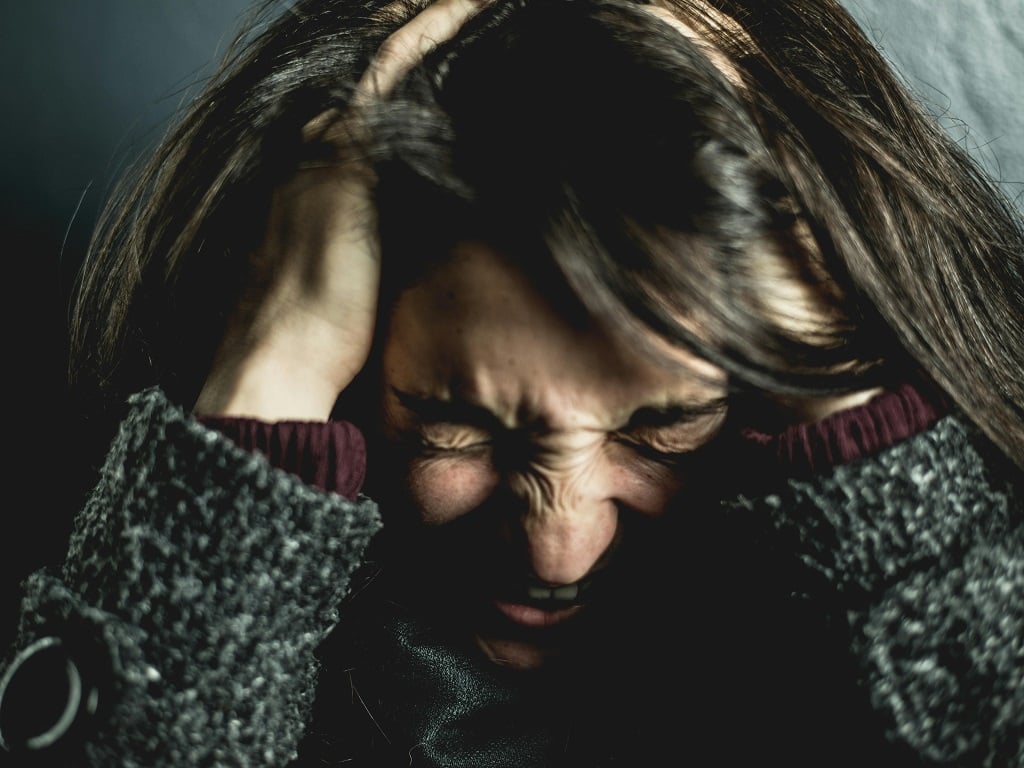
Chest pain caused by anxiety is often not accompanied by symptoms of a heart attack such as shortness of breath or pain that radiates to the jaw or arm.
Chest pain due to anxiety will often be accompanied by the following signs:
Occurs when stressed, anxious
One of the most obvious signs that chest pain is due to anxiety is the timing of its onset. The pain often occurs during moments of intense stress, panic, or high levels of anxiety.
In other words, chest pain due to anxiety often occurs when faced with emotional or psychological stress. Chest pain due to heart attack often occurs during strenuous exercise.
Pain changes with breathing, movement
If chest pain worsens with deep breathing, twisting, or pressing on the chest, it is more likely due to musculoskeletal instability and anxiety. This pain is the result of muscle tension or hyperventilation, which is common during anxiety attacks. In contrast, a heart attack is usually continuous. The intensity of the pain will not be affected by breathing or movement.
No other cardiac symptoms
Chest pain associated with anxiety typically lasts a few minutes to a few hours, often going away as the anxiety subsides. In contrast, pain from a heart attack is persistent and accompanied by other symptoms such as shortness of breath, sweating or dizziness, especially pain that radiates to the arm or jaw.
Accompanied by other anxiety symptoms
Anxiety chest pain is rarely the only symptom and will be accompanied by other anxiety symptoms such as palpitations, trembling, or dizziness. The presence of these symptoms can help differentiate anxiety chest pain from chest pain due to heart disease.
Although chest pain caused by anxiety is usually harmless, it should be managed early. Deep breathing exercises, meditation, yoga, or progressive muscle relaxation can help reduce anxiety levels and control chest pain, according to Medical News Today.
Source: https://thanhnien.vn/4-dau-hieu-canh-bao-dau-nguc-la-do-lo-au-qua-muc-185240930163221439.htm




![[Photo] President Luong Cuong meets with Lao National Assembly Chairman Xaysomphone Phomvihane](https://vstatic.vietnam.vn/vietnam/resource/IMAGE/2025/4/25/dd9d8c5c3a1640adbc4022e2652c3401)
![[Photo] General Secretary To Lam receives Philippine Ambassador Meynardo Los Banos Montealegre](https://vstatic.vietnam.vn/vietnam/resource/IMAGE/2025/4/24/6b6762efa7ce44f0b61126a695adf05d)
![[Photo] President Luong Cuong holds talks with Lao General Secretary and President Thongloun Sisoulith](https://vstatic.vietnam.vn/vietnam/resource/IMAGE/2025/4/24/98d46f3dbee14bb6bd15dbe2ad5a7338)
![[Photo] Liberation of Truong Sa archipelago - A strategic feat in liberating the South and unifying the country](https://vstatic.vietnam.vn/vietnam/resource/IMAGE/2025/4/25/d5d3f0607a6a4156807161f0f7f92362)








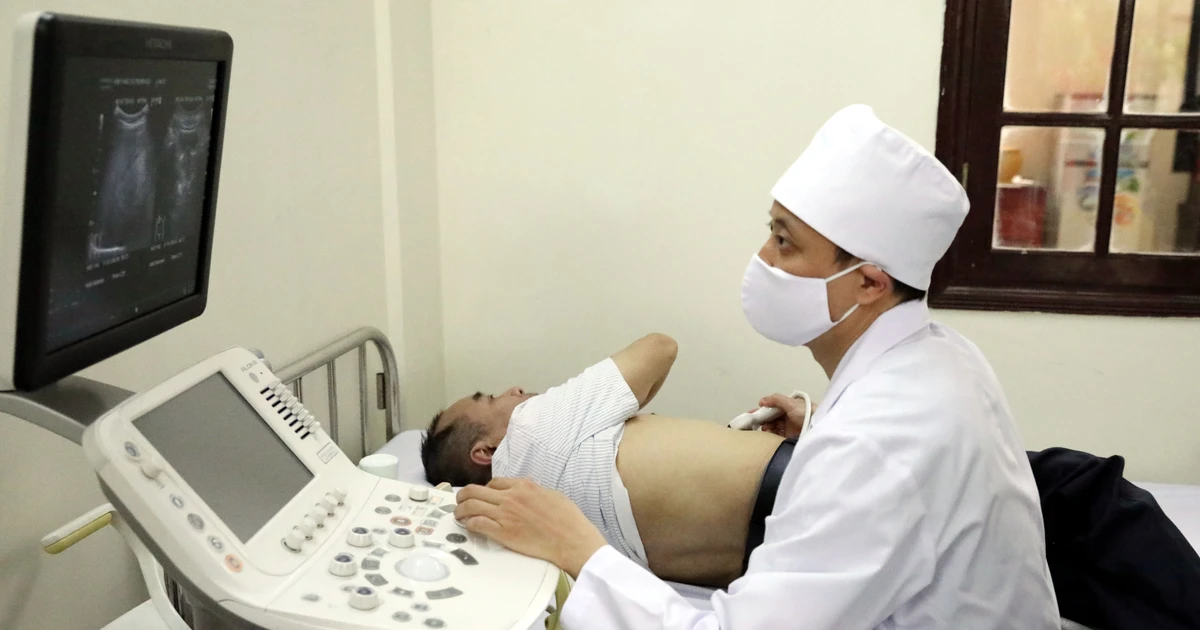












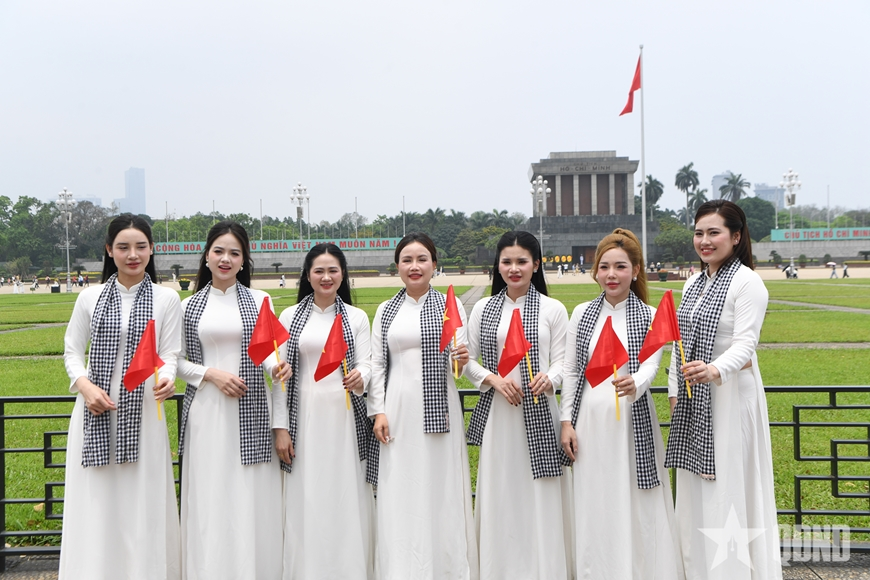
































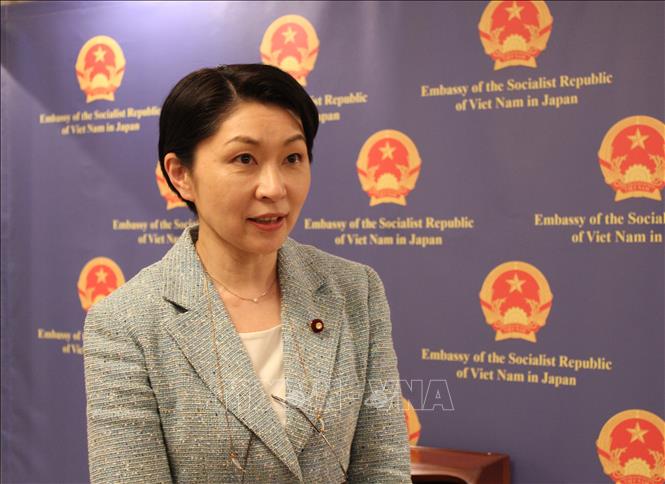























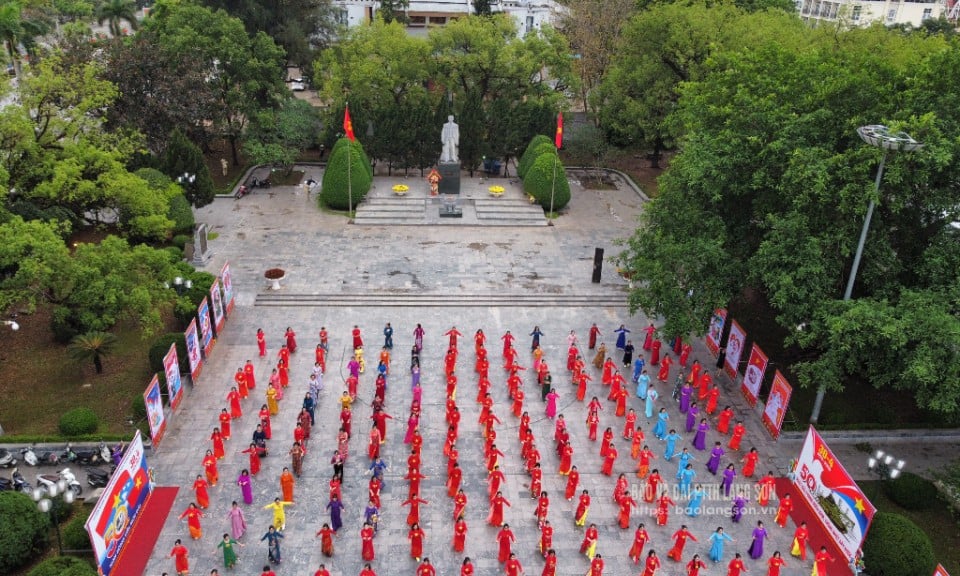












Comment (0)